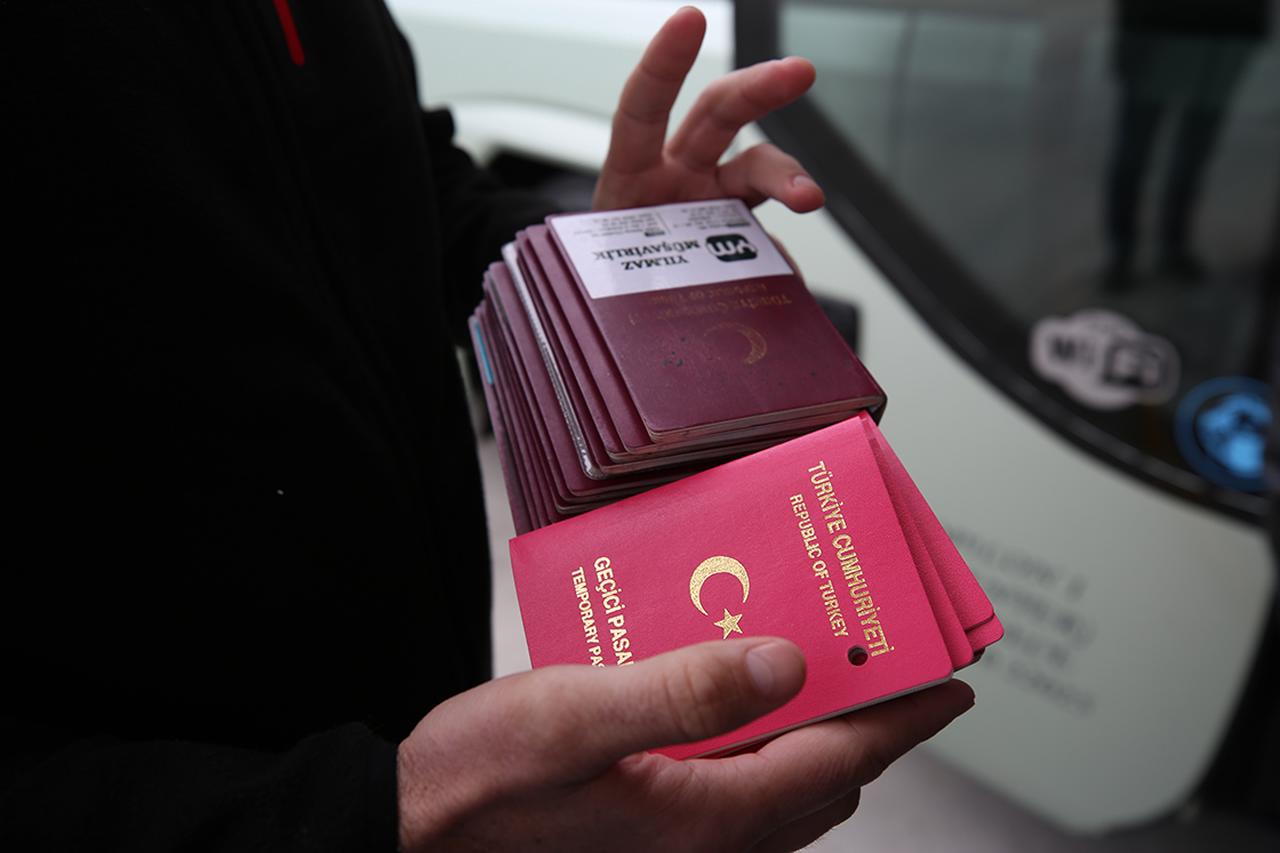
If you're an expatriate living in Türkiye and have begun to envision a long-term future here, in solid plans or form of dreams, one option you should explore is citizenship.
Türkiye offers several legal avenues for foreigners seeking to become citizens. Whether through long-term residency, marriage to a Turkish national, or strategic investment, understanding these pathways can help prospective citizens navigate the process effectively. Each route comes with specific requirements and timeframes that applicants should carefully consider. That’s why Türkiye Today has teamed up with Eskioglu & Zembilci Law Office's Erdi Eskioglu to break down the key legal considerations, ways, and timeframe probabilities for you.
The most traditional path to Turkish citizenship requires continuous residency in the country for five years. During this period, applicants must maintain valid residence permits to establish their presence in Türkiye.
To qualify through this general provision, applicants need to demonstrate several important criteria. Authorities require proof that applicants are free from diseases that might pose risks to public health. Candidates must also show Turkish language proficiency at a level that enables them to integrate effectively into everyday social situations. Financial stability is another key consideration, with applicants needing to provide evidence of steady income or professional qualifications sufficient to support themselves and any dependents. Additionally, applicants must have a clean record regarding national security concerns, with no history of activities that might be considered threats to public order.
The evaluation process for applications through this standard route typically extends between 18 and 24 months, requiring patience from applicants.

For those who have formed family ties in Türkiye, marriage to a Turkish citizen provides an alternative path to citizenship. Applicants must have been married for a minimum of three years with the marriage still intact at the time of application.
Key requirements for this pathway include:
Similar to the standard residency route, applicants should expect a processing period of approximately 18 to 24 months before receiving a decision on their citizenship status.
Türkiye's investment-based citizenship program has become increasingly popular for its relatively streamlined process. This exceptional acquisition pathway allows qualified investors to obtain Turkish citizenship without extended waiting periods.
To qualify, foreign nationals must meet one of the following investment criteria:
After making a qualifying investment, applicants must obtain a certificate of conformity from relevant government ministries—a process that typically takes 1-4 weeks. Following this certification, an investor residence permit can be secured within approximately two weeks.
The final citizenship application is processed by the General Directorate of Population and Citizenship Affairs, with decisions typically rendered within six months—substantially faster than other citizenship pathways.
When planning for Turkish citizenship, understanding processing timelines is crucial:
The exceptional investment program offers the most expedient route to Turkish citizenship, making it particularly attractive for those seeking a faster process.
Whether choosing the path of long-term residency, family formation, or strategic investment, proper preparation and understanding of requirements can help ensure a smooth journey toward becoming a Turkish citizen.

Obtaining Turkish citizenship offers numerous advantages that extend well beyond the initial goal of legal residency.
One of the most significant advantages is the elimination of residency permit concerns. Citizens no longer need to worry about renewing temporary permits, meeting minimum stay requirements, or facing potential changes in immigration policies.
Turkish citizenship provides full access to the country's universal healthcare system. Citizens can receive medical services at public hospitals and facilities without the costs associated with private health insurance that foreign residents typically need to maintain.
The educational system opens up completely to citizens and their children. From primary education through university, citizens enjoy the same access and tuition rates as native-born Turks. This includes opportunities for scholarships and educational support programs that may not be available to non-citizens.
The labor market becomes significantly more accessible with citizenship. While work permits create complications for foreign residents, citizens face no employment restrictions and can freely pursue careers in any sector, including government positions that are often closed to non-citizens. Professional licensing also becomes more straightforward without the additional bureaucratic hurdles that non-citizens encounter.
From a mobility perspective, a Turkish passport provides visa-free or visa-on-arrival access to numerous countries worldwide, enhancing international travel opportunities, though not as strong as Western European ones.
For many, the intangible benefit of belonging cannot be overlooked. Now that you've initiated your citizenship process, you can enjoy your Turkish tea with a greater sense of its taste.